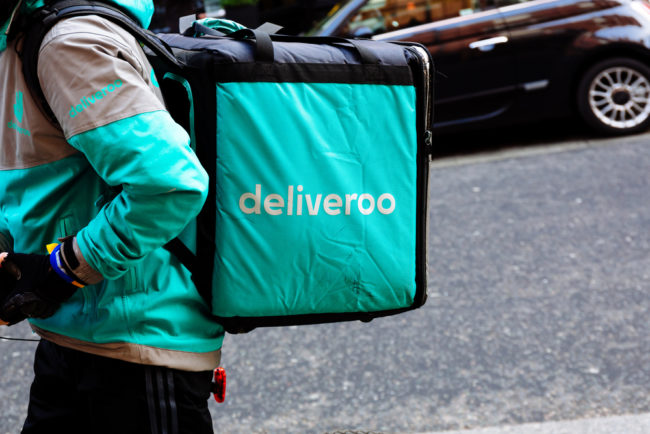In early April, the House of Commons Work and Pensions Committee published the contracts it has received from Uber, Hermes, Deliveroo and Amazon as part of its inquiry into the gig economy.
The committee highlighted problems with clauses requiring workers not to challenge their self-employed status, at an evidence session earlier this year, in the cases of Uber, Deliveroo and Amazon.
The clause had been reportedly legally unenforceable.
In the new contracts, which have been shortened to four pages, Deliveroo clarifies that its freelance couriers do not have to wear branded Deliveroo clothing and can also work for other businesses.
Just last month, the House of Commons Work and Pensions Committee launched an attack on the self-employment contracts of Uber, Deliveroo and Amazon, criticising both the wording of their contracts and a number of stipulations which the committee said deprived workers of their rights.
Frank Field, chair of the committee, said clauses, such as that removed from Deliveroo’s contracts which meant riders were unable to challenge their self-employed status, were “egregious”.
“It does seem a marvellous business model if you can get away with it.”
The circulation of the new supplier agreement comes less than a day after Labour’s draft election manifesto was leaked, which included a proposal to shift the “burden of proof” in the gig economy to assume workers are employees unless proved otherwise.


